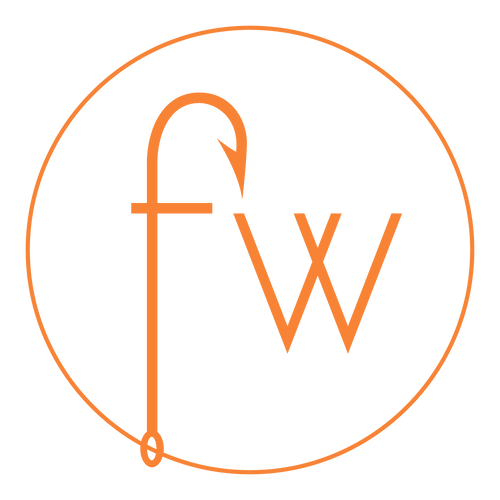We have all heard about the tragic disaster of the Fukushima Nuclear Power Plant that was impacted by a tsunami when it hit Japan head on. This, and goodness knows how many other not-so-published mishaps, has caused a flow on effect of radioactive water into our ocean.
It is said that 300 tonnes of the effected water leaks out into the Pacific Ocean every day, and has done so since March 2011. Marine life is contaminated and fish caught and tested near the site have tested positive for radiation.
David Wolfe, world-famed organic farmer and author, has recently uncovered some alarming statistics on his website about the effects of radiation in the Pacific Ocean as a result of leaking nuclear radiation.
Research on ocean currents highlight that most sea life in the Pacific will be affected by the leaked radiation. Wild-caught salmon are being found abundant with cancerous tumours. David Wolfe suggests, “Mercury fallout from coal burning should be considered (too) as it accumulates in ocean fish and may lead to mercury poisoning”.
New Zealand, the home of the long white cloud and the best salmon in the world. renowned for its myriad of sheep, but also for some of the tastiest and chemically-free, pink fish around.
Unlike some other countries that farm salmon, the pros in NZ keep their fish farms sustainable with very low impact on the environment and on our health. In fact, New Zealand salmon farmers are the best operators for sustainability, environment management as well as their end product.
There is one tiny sea farm in Canterbury, in particular, that knows exactly what makes us health conscience environmental worrywarts tick.


Akaroa Salmon is an intimate family-run operation that have been successfully producing farmed salmon for generations. With the farm set up near a harbour entry, their fish enjoy clean, clear water and are nurtured the right way from birth.
The Akaroa salmon are treated to a chemical-free lifestyle, which means no discharge into the marine ecosystem, and allowed to grow at a rate they want to grow at with no genetic modification. Akaroa operate on a low stocking density and the free-flowing currents of the bay allow their prized fish to swim and develop a healthy musculature.
And even the team at the overseas watchdog, Seafood Watch, agree. NZ salmon farms in general are given the golden seal of approval from these guys, “The environmental impacts are minimal, including no disease or parasite outbreaks, and low risk of impacts from escapes.”
Laying it down the (fishing) line and getting back to our article topic, here are a few benefits of sustainably farmed salmon over their wild-caught foes:
-
Higher in Omega-3 good fats: some research suggests farmed salmon contains 35% more fat and therefore greater Omega-3 fatty acids than wild salmon.
-
Wild salmon is more likely to contain much larger quantities of metals and mercury than farmed salmon; in fact NZ King Salmon contain no metals or mercury.
-
More nutrients: farmed salmon is said to be higher in Vitamin B, particularly thiamine and foliate.
-
Nurtured from birth: it is easier to carry out checks on the welfare of the fish rather than taking the chances with wild-caught varieties.
When talking about the benefits of farmed salmon, you can eat with a healthy conscience when you have Akaroa Salmon on your plate. Akaora King Salmon arrives in Singapore within 36 hours of harvesting.
Sources:
The Monterey Bay Aquarium Seafood Watch Program - www.montereybayaquarium.org/conservation-and-science/our-programs/seafood-watch
David Wolfe - https://www.davidwolfe.com/fukushima-radiation-tumors-fish-seafood/
